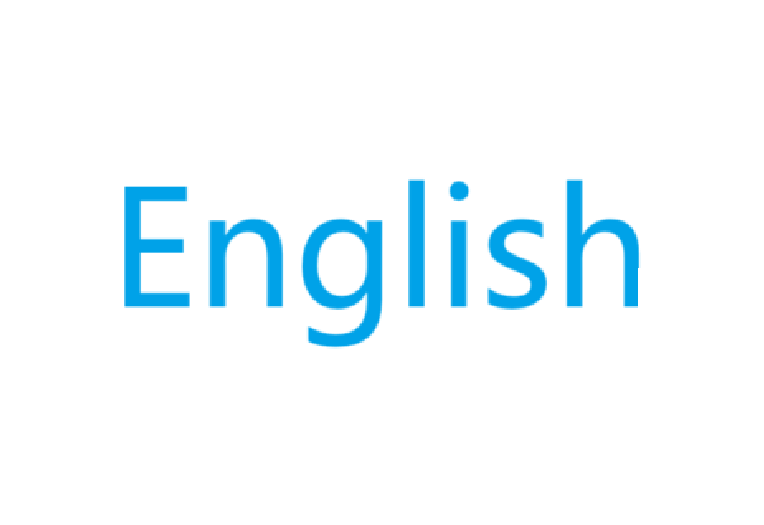to do主动表被动+非谓语词性
to do主动表被动+非谓语词性
1.我有很多工作要(去/被)做。 体现:主观能动性。
I have much work to do.
2.这个问题很难(去/被)解决。
This problem is hard to solve./to be solved.
3.有许多衣服要(去/被)洗
There be=有(存在)表什么地方有。Be工具人,there副词,倒装句
There are many clothes to wash./to be washed.
有现句子主动表被动一定要分清楚。
4.明天将要举行的会议取消了。
The meeting to be held tomorrow is canceled.
会议就是被举行的,就一定要用to be.
非谓语词性
1.我喜欢跑步。 动名词=表示动作含义的名词
I like running. doing=名词性
+ing变名词就可也做文章
2.跑步是一项很好的运动。
Running is a good sport.
Doing sth.=名词(做某件事情)
3.我喜欢制作蛋糕。
I like making cakes.
4.看电视是我的习惯。
Watching TV is my habit.
to do目的或将来
1.我喜欢去跑步。
I like to run.
To do=名词性
2.要解决这个问题是很困难的。
要解决这个问题表目的用 to do
To solve the problem is so hard.
浅浅了解:介词短语=in the house(介宾短语)
Done=形容词
The house 是名词 这样也可以换成doing sth.
3.我很擅长英语。
I am good at(介词) studying English。
4.这个花瓶被打破了。
This vase is broken. Broken=被打破了adj.形容词
5.这项任务完成了。
This task is finished. Finished=被完成的。
6.这个漂亮的女孩是我女朋友。
This beautiful girl is my girlfriend.
形容词可以放在前置做修饰。
7.这个被打破的花瓶是红色的。
This broken vase is red. Done=表示被动含义的形容词
doing=名词、形容词
This problem is confusing.(confusing是形容词可以做修饰)
这个问题令人困惑。
This confusing problem interests me.
这个令人困惑的问题激发了我的兴趣。
This confusing problem interests the excited boy and the exciting girl.
这个令人困惑的问题激发了这个感到兴奋的男孩以及这个令人兴奋的女孩的兴趣。
改被动
The excited boy and the exciting girl are interested by/in this confusing problem.
这个感到兴奋的男孩与这个令人兴奋的女孩对这个令人困惑的问题感兴趣。
习题
吸烟是有害的。
Smoing is harmful.
Marry开始学习钢琴。
Marry starts learning piano.
每天喝水是很有必要的。
To drink water every day is necessary.
我很喜欢听音乐。
I like to listen to music very much.
这位被咬的男孩是他哥哥。
This bitten boy is his brother.
- doing
这个无聊的男孩正在看着无聊的电视。
This bored boy is watching boreing TV.
我对这份累人的工作感到厌倦。
I got tired of the tiring job.
这部令我们所有同学兴奋的电影其实很无聊。
This movies excites all our students is actually very boring

